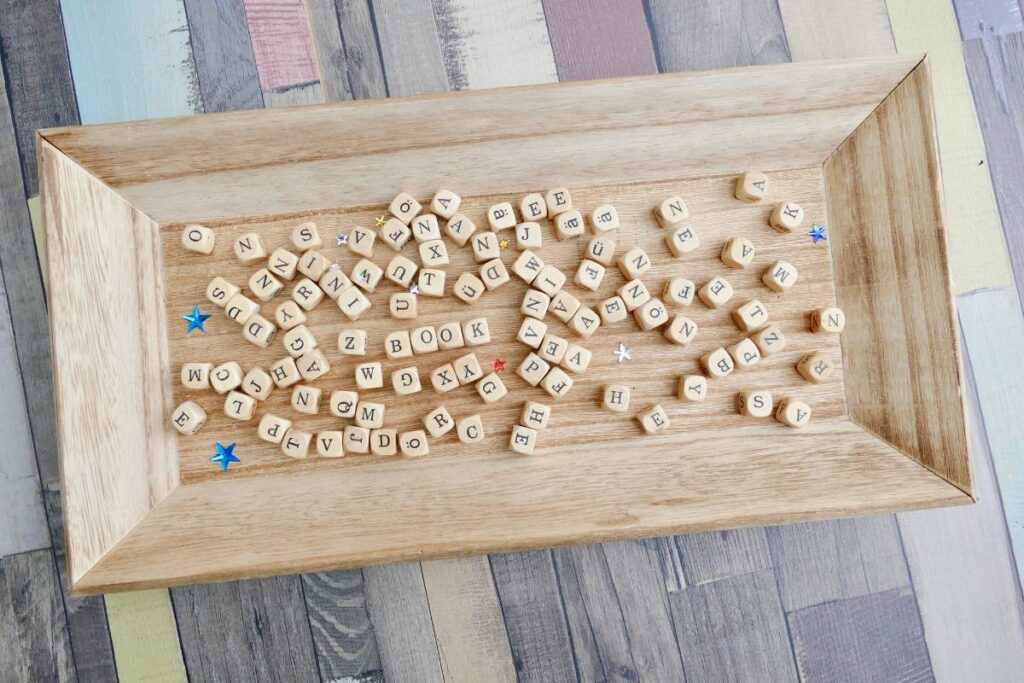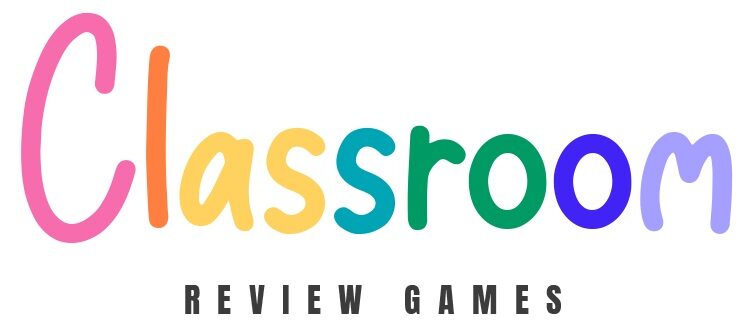11 Fun Word Games for Students
When I play word games with my students in the classroom, it’s a lot like hosting a little party where everyone’s invited to play with words. Imagine setting up a game of Hangman: You pick a secret word and draw blanks on the board for each letter, kind of like a mysterious puzzle waiting to be solved. The students get excited, guessing letters and feeling like detectives trying to crack the code. Or picture a game of Scattergories, where you split the class into small teams, and each group huddles together, brainstorming words that fit the categories you’ve given them. The key is to keep the energy up and make sure everyone feels included, kind of like being the host who makes sure every guest at the party is having a great time. And at the end, it’s not just about who won or lost; it’s about the laughs shared, the words discovered, and the little lightbulb moments that happened along the way.

Below is a list of word games that I have recently played with students:
1. Hangman
- Grade: 2nd-8th
- Subject: English/Language Arts
- Time: 10-20 minutes
- Material: Chalkboard, whiteboard, or paper and pen
- Preparation: Choose a word or phrase.
- Game Rules: One player thinks of a word or phrase and draws a blank line for each letter. Other players guess letters. If the letter is in the word, it’s filled in the blanks; if not, part of a hangman’s gallows and figure is drawn. Players must guess the word before the drawing is complete.
2. Bananagrams
- Grade: 3rd-12th
- Subject: English/Language Arts
- Time: 15-30 minutes
- Material: Bananagrams game set
- Preparation: Shuffle all the letter tiles in the pouch.
- Game Rules: Players draw tiles from the pouch to form their own collection of words in a crossword-style arrangement. When a player uses up all their letters, they say “Peel!” and everyone draws another tile. The game ends when there are fewer tiles left than players, and the first to use all their tiles wins.
3. Kids Memory Games (Word Match)
- Grade: K-4th
- Subject: English/Language Arts
- Time: 10-20 minutes
- Material: Memory cards with words or pictures and words
- Preparation: Lay all cards face down in a grid.
- Game Rules: Players take turns flipping over two cards. If the cards match (picture to word or word to word), they keep the pair and go again. If they don’t match, they turn them back over, and the next player goes. The game continues until all pairs are matched. The player with the most pairs wins.
4. Word Ladder
- Grade: 2nd-8th
- Subject: English/Language Arts
- Time: 10-20 minutes
- Material: Paper and pen/pencil for each player
- Preparation: Choose a starting and ending word of the same length.
- Game Rules: Players must transform the starting word into the ending word by changing one letter at a time, with each step being a valid word. Each change must result in a real word, and the goal is to see who can do it in the fewest steps.
5. Word Association
- Grade: 1st-12th
- Subject: English/Language Arts
- Time: 5-15 minutes
- Material: None
- Preparation: None
- Game Rules: Players sit in a circle. The first player says a word association word, and the next player has to say a word related to the previous word. This continues around the circle, with each player building off the last word mentioned. If a player hesitates too long or repeats a word, they are out. The game continues until one player remains.
6. Classic Words Solo
- Grade: 3rd-12th
- Subject: English/Language Arts
- Time: Varies
- Material: Classic Words Solo app or board game
- Preparation: Download the app or set up the board game.
- Game Rules: Similar to Scrabble, players draw tiles to create words on the board in a crossword style. In the solo version, a player competes against the computer. Points are scored based on the length of the words and the value of the letters used. The goal is to score as many points as possible.
7. Words with Friends
- Grade: 4th-12th
- Subject: English/Language Arts
- Time: Varies
- Material: Words with Friends app
- Preparation: Download the app and find an opponent.
- Game Rules: Players take turns creating words on the board in a crossword puzzle style, using tiles with letters on them. Each letter has a point value, and there are special board spaces that increase a word’s score. The player with the highest score at the end wins.
8. Memory (Word Edition)
- Grade: K-6th
- Subject: English/Language Arts
- Time: 10-20 minutes
- Material: Cards with words or pictures and corresponding words
- Preparation: Lay all cards face down in a grid.
- Game Rules: Similar to Kids Memory Games but specifically with words. Players take turns flipping two cards, trying to find matching pairs of words or a word and its corresponding picture. The player with the most pairs at the end wins.
9. Scattergories
- Grade: 3rd-12th
- Subject: English/Language Arts
- Time: 20-30 minutes
- Material: Scattergories game set
- Preparation: Each player needs a pad of paper. Roll the 20-sided letter die to determine the letter used for the round.
- Game Rules: Players have a list of categories and a set time to come up with a word that fits each category, starting with the letter rolled. No duplicate words are allowed. Points are given for unique answers.
10. Boggle
- Grade: 2nd-12th
- Subject: English/Language Arts
- Time: 10-20 minutes
- Material: Boggle game set
- Preparation: Shake the Boggle grid to settle the letter dice.
- Game Rules: After the letters settle, start the timer. Players have three minutes to find as many words as they can, connecting letters horizontally, vertically, or diagonally. Words must be at least three letters long. Players compare lists, and unique words score points based on their length.
11. Crossword Puzzles
- Grade: 4th-12th
- Subject: English/Language Arts
- Time: Varies
- Material: Printed crossword puzzles or an app
- Preparation: Provide each student with a crossword puzzle.
- Game Rules: Players fill in the grid based on the clues provided for each word. Words intersect by sharing common letters. The goal is to fill in all the words correctly, completing the puzzle.
